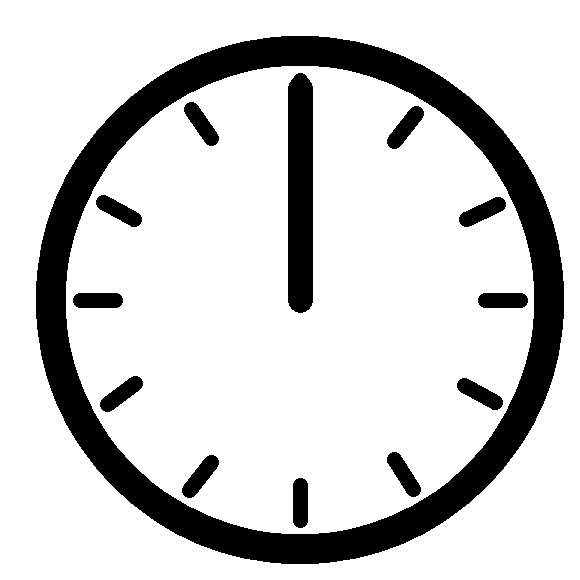Many of us are pleased when Daylight Savings Time (hereafter DST) ends because we "fall back" an hour and so get to sleep in a little longer.[1] On the same note, we dread when DST begins because we "spring forward" an hour and so we lose an hour of sleep (because, let's face it, no one goes to sleep an hour early on the night before). However, my sister Rachel recently pointed out (here) that having young children can reverse the effects of DST. All in all, it is rather a hassle having to remember when DST begins and ends. And its especially bothersome to change all of your clocks—especially if you miss one and, seeing it, you're sent into a panic. So is DST really worth it? Or is Arizona the only sane state in the Union?
One of the initial arguments to start DST in the United States was to reduce energy consumption due to the use of incandescent light bulbs. While light bulb usage has gone down as a result of DST, the use of air conditioning in the evenings and heating in the mornings has increased (as well as motor fuel consumption), resulting in a net increase in energy consumption.[2]
Another argument for DST is that it benefits certain industries, such as sporting goods stores, fast food restaurants, and retail outlets. However, other industries suffer. For example, farmers lose productivity because their farmhands arrive and leave too early for their labor to be most effective. Television broadcasts and theaters (especially drive-in theaters) are also negatively effected by DST. And (though it is disputed) there is evidence that billions of dollars are lost in the stock exchange due to DST.[3]
Automobile accidents, and especially automobile accidents involving pedestrians are claimed to decrease overall during DST. However, the average driver/worker gets 40 minutes less sleep when DST begins, resulting in more traffic accidents and more accidents at work.[4]
During DST people are more likely to get more exercise. And the incidence of seasonal affective disorder is reduced. However, clock shifts disrupt and reduce sleep efficiency. And the rates of heart attacks and suicides increase after DST starts (though they decrease after DST ends).[5]
So it seems to me that the overall benefits of DST fail to outweigh its detriments. If certain industries need their employees to arrive earlier, tell them to arrive earlier. Stop making the rest of us have to biannually change our circadian rhythm.
Notes:
[1] Unless you miss the memo. Yesterday one of my counselors and his wife arrived for Church this morning an hour early to find the building vacant. They went home to take a nap and then slept in and missed Sacrament Meeting. We've also seen people show up at the end of Sacrament Meeting believing it was just about to start. They assume the closing hymn and benediction are actually the opening hymn and invocation. So they're quite confused when everyone then gets up and goes to their Sunday School classes.
Image attributions:
Spinning clock is by Wyatt915, available at http://commons.wikimedia.org/wiki/File:Clock.gif.

I will vote for its abolition for as long as I live.
ReplyDeleteMatt, any chance of lowering the template's font size so that the content of the posts is about the same size as the text that appears in your comments textarea?
Hmm... I don't know what to tell you. I've looked at this on three different computers (a Dell, a Gateway, and a Mac) and three different browsers (Firefox, Internet Explorer, and Safari) and it always looks to me like the content font size is the same size as the comments. I haven't tried Chrome, though.
ReplyDeleteYou could always try hitting Ctrl and - a few times (or if you're on a Mac it would be Command and -). If you go too far, hit Ctrl and + (or Command and + on a Mac).
Does anyone else have that problem?